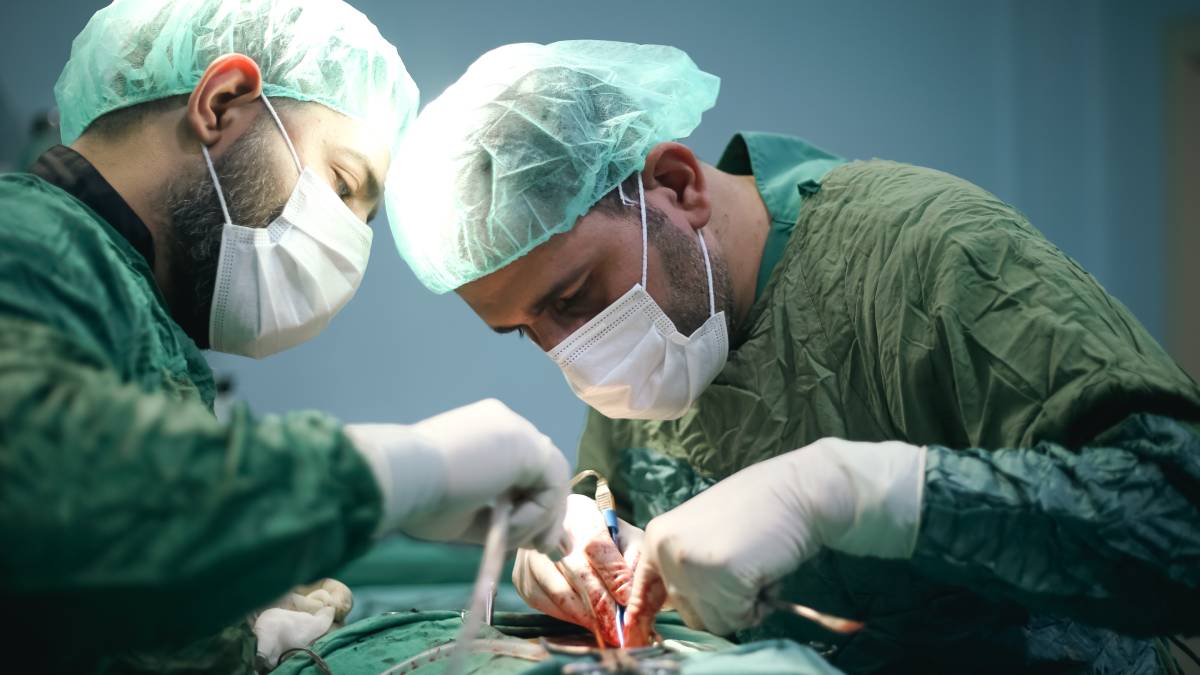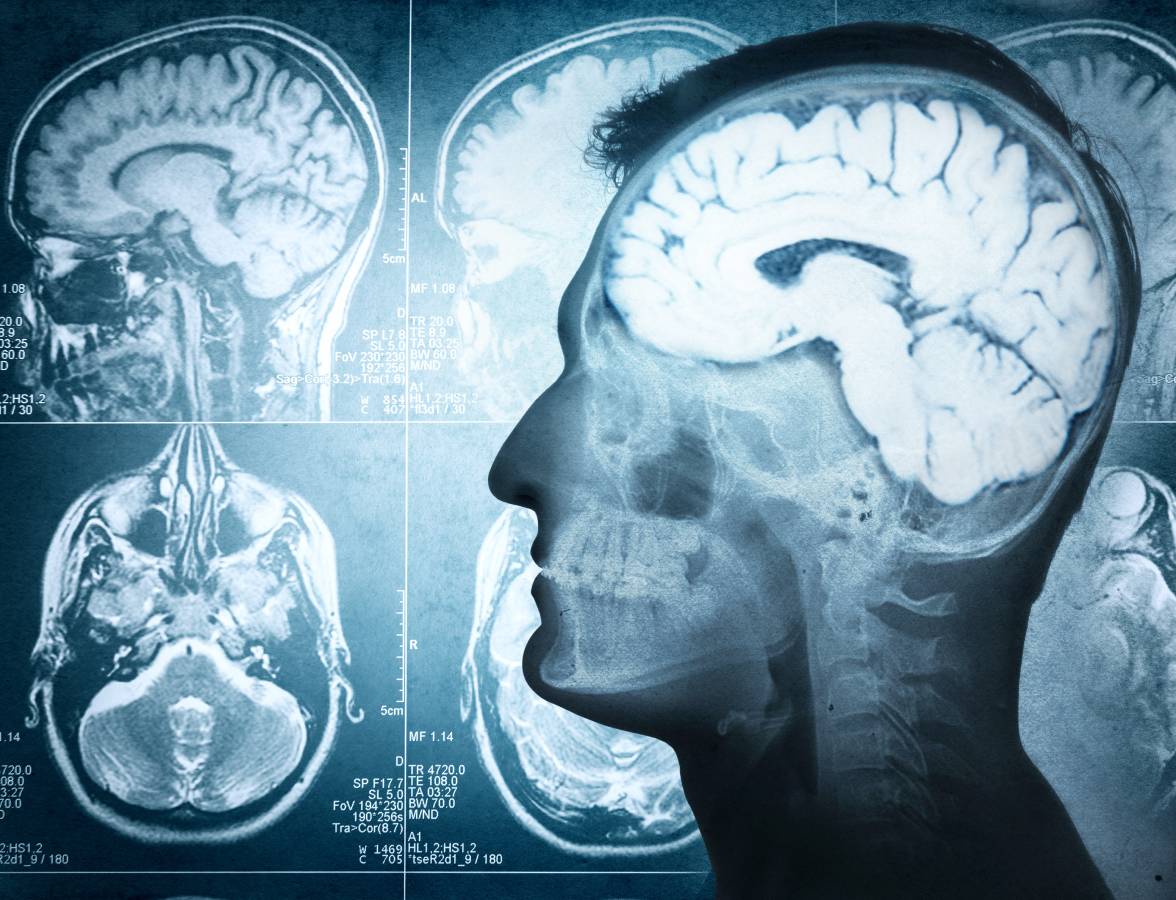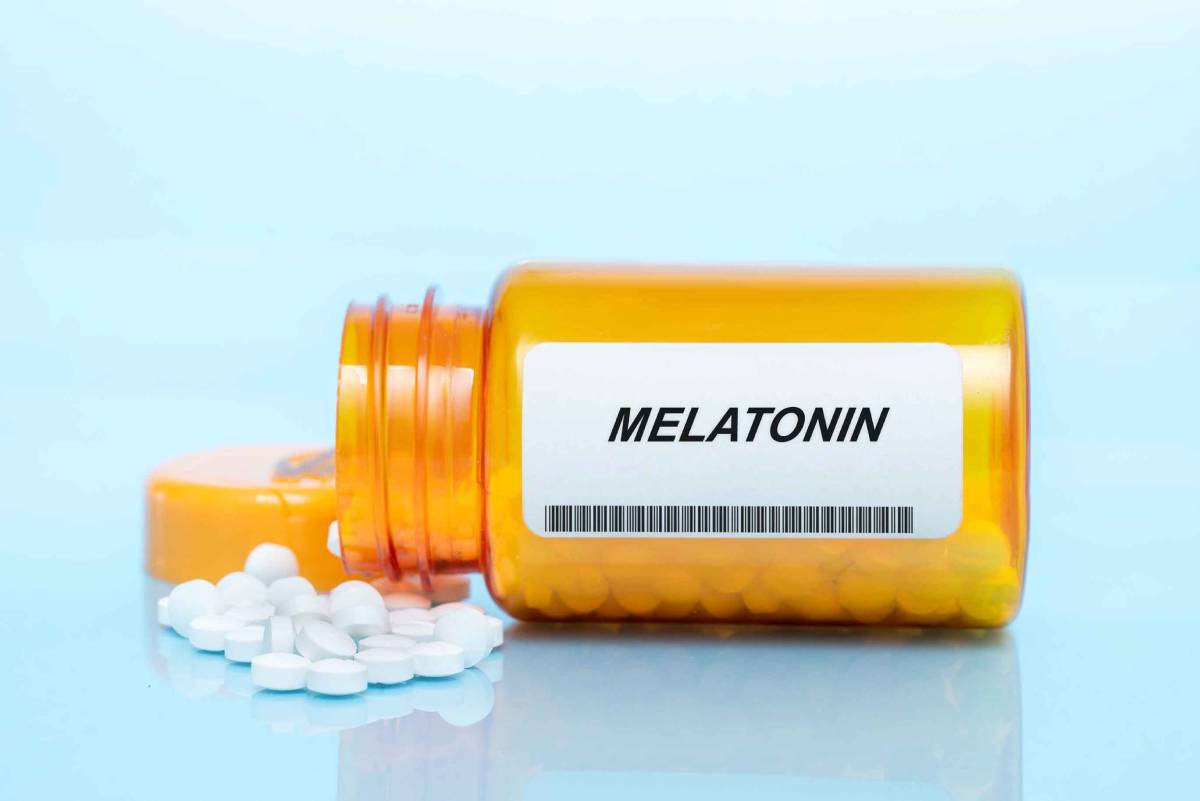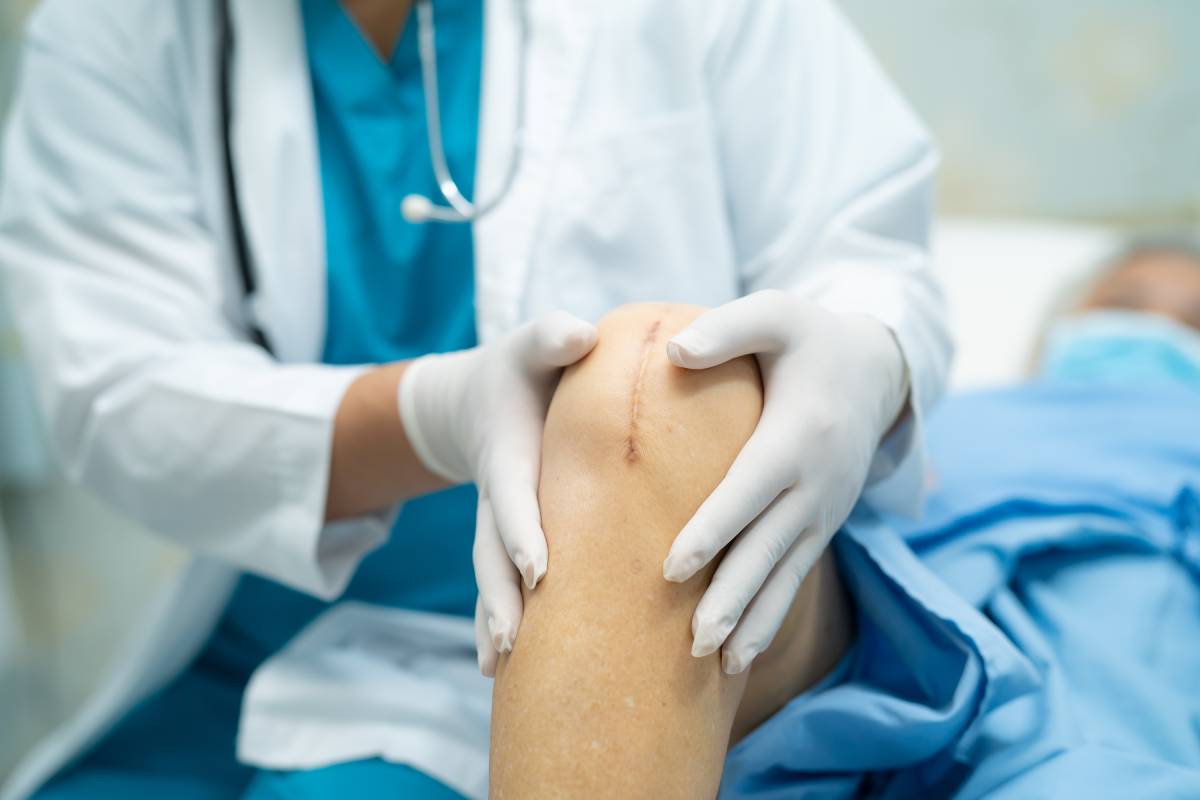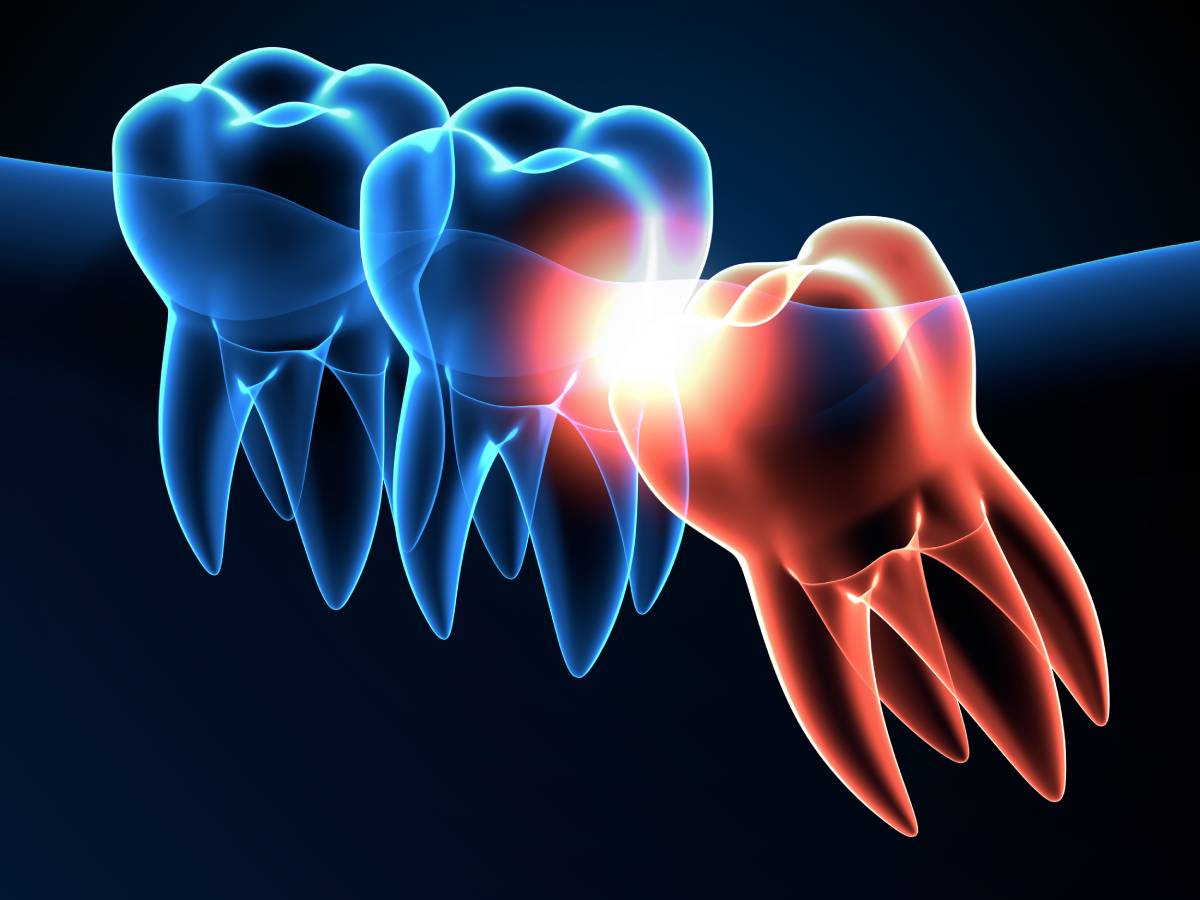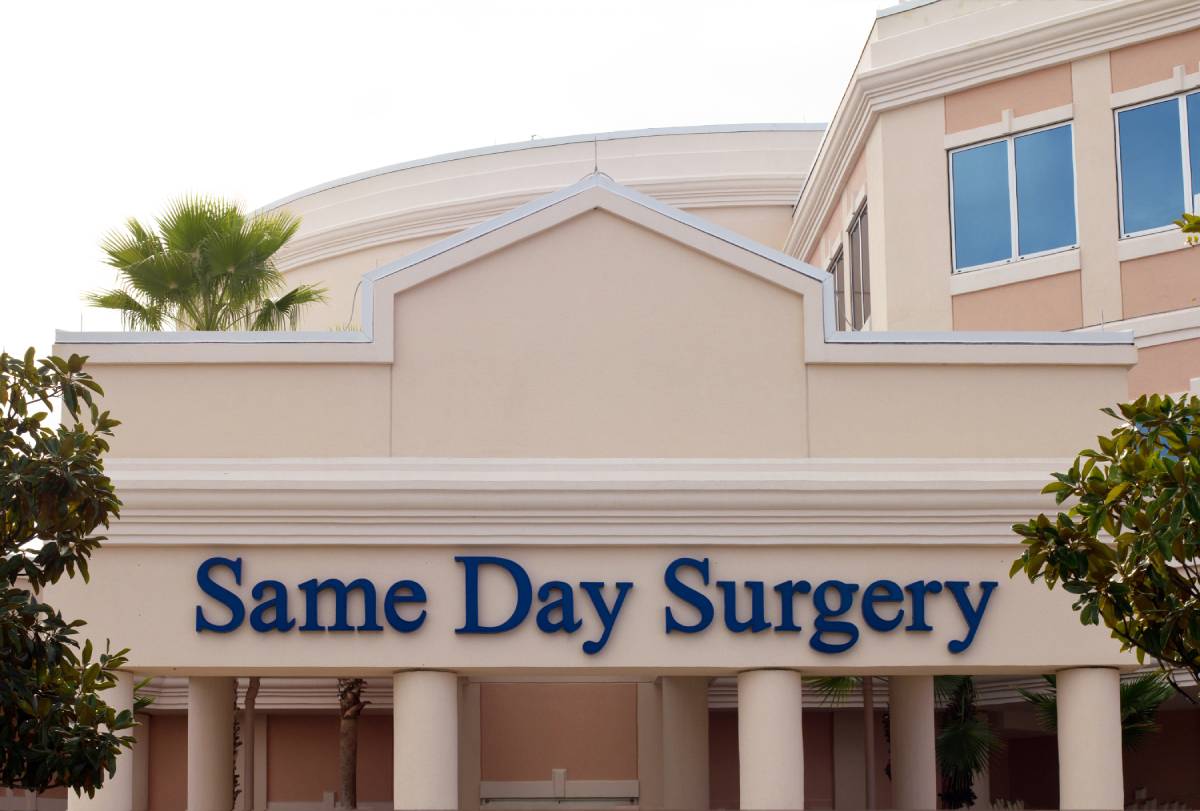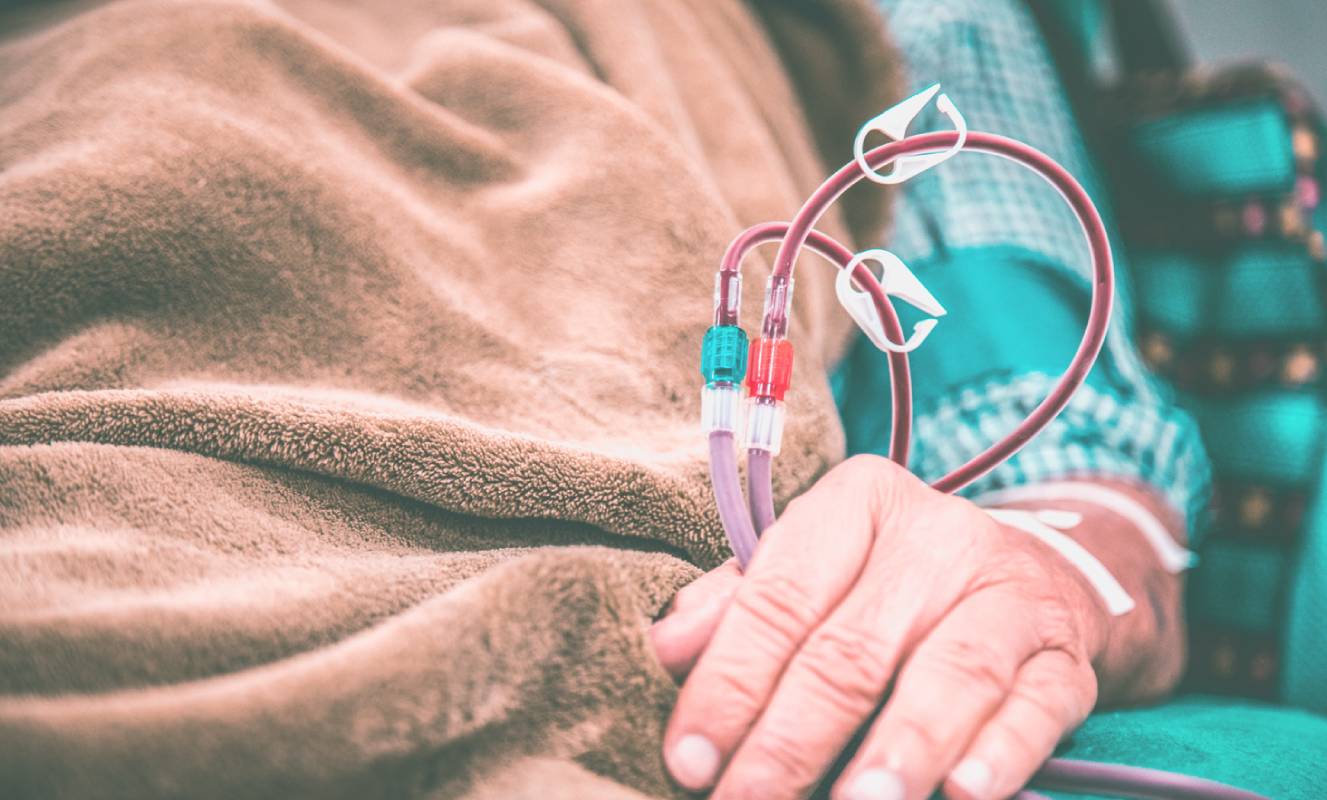Intraoperative bleeding is a major complication during and after surgery that often results in increased morbidity and mortality. Steps can be taken preoperatively to identify patients at higher risk and facilitate appropriate preparation. However, the surgical and anesthesia teams must be ready to intervene if severe bleeding does occur in surgery patients. Patients should be… Continue reading Management of Surgery Patients with Severe Bleeding
The discovery and refinement of general anesthesia (GA) makes surgery and other invasive medical procedures more humane, predominantly through the induction of loss of consciousness and analgesia, or the loss of pain perception. However, it is not uncommon for patients to regain consciousness under GA and still experience pain relief. It is believed that low-dose… Continue reading Effect of Anesthesia in the Amygdala
Melatonin is a chemical compound produced by the pineal gland in the brain. Often referred to as the “sleep hormone,” melatonin plays an important role in the circadian rhythm, the 24-hour cycle according to which the sleep and awake states are regulated. Melatonin synthesis increases at night, is inhibited by light,1 and is directly correlated… Continue reading Pain Relief from Melatonin
Antibiotics are a crucial component of modern medicine. They can prevent or treat bacterial infection by killing or inhibiting the growth of bacteria, which could otherwise cause health complications in people or even be fatal. Though antibiotics approved for clinical use are safe, many antibiotics have side effects and risks that patients should be aware… Continue reading Protecting Health While Taking Antibiotics
Joint replacement, such as a total knee and total hip replacement, is one of the most frequently carried out elective operations. In most cases, joint replacement surgery relieves pain and helps patients live full, active lives. However, a small number of patients undergoing joint replacement—about 1%—may develop a postoperative infection. Treating infection after joint replacement requires… Continue reading Treating Infection After Joint Replacement
Tooth extractions are commonly performed in the United States, occurring in approximately 80% of privately insured adults by the age of 25 years. Among all patients, researchers have estimated that about half undergo at least one extraction by the age of 25 years, while 70% undergo at least one extraction by age 60 1. Wisdom… Continue reading Anesthesia for Wisdom Teeth Removal
The United States boasts a staggering 5,400 ambulatory surgery centers (ASCs), which account for approximately 35% of all surgeries performed nationwide [1]. ASCs tend to specialize in one or a few fields, including gastrointestinal, ophthalmology, pain management, orthopedic, and genitourinary procedures, which make up 70% of all cases [1]. With benefits such as improved patient… Continue reading Transfer Agreements between Outpatient Facilities and Hospitals
After graduating medical school, aspiring physicians have the opportunity to enter a residency program, which will provide the training and clinical knowledge necessary to specialize in a subfield of medicine. Each specialty has its own needs in terms of clinical training and experience. Future anesthesiologists might undergo their training at different institutions, but the basic… Continue reading Structure of an Anesthesiology Residency
Kidney disease is a growing problem worldwide. The prevalence of end-stage renal disease has increased by 20% since 2000 1. In addition, more than 10% of the general population globally suffers from chronic kidney disease, affecting a total of over 800 million individuals 2. Of these, over 2 million people require dialysis or a kidney… Continue reading Anesthesia Considerations for Dialysis Patients

